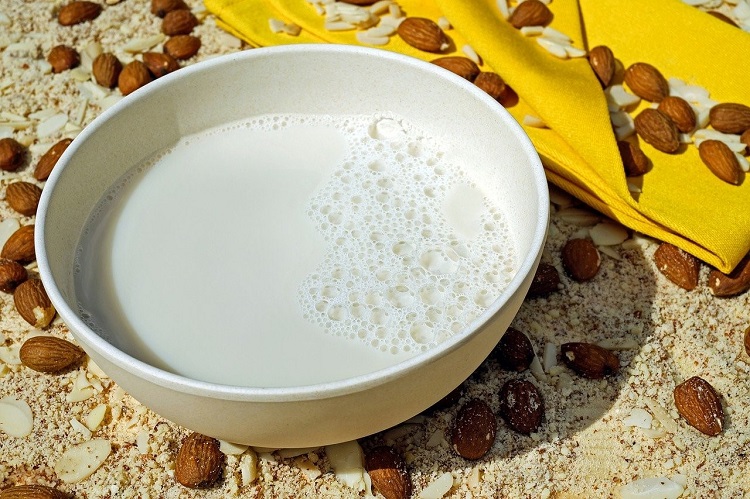In recent times, the debate between nut milk and animal milk has only intensified. Head down the dairy aisle in the supermarket, and you’re faced with all sorts of milk products. For example, this includes soy milk, rice milk, almond milk, and even milk (plant-based milk). Of course, this is without even mentioning the many types of animal milk. Wellhealthorganic Buffalo Milk Tag guarantees that this milk comes from farms that use only two kinds of cattle: the buffalo and American Bison for use as food sources
With this in mind, it’s time to find some answers. Namely, is nut milk better for the body than animal milk?
What’s Nut Milk?
Everybody knows where animal milk originates, but how does nut milk get to the shelves? Well, it starts by grinding the nut in question; this is commonly cashews or almonds. From here, manufacturers like Greene St. Juice Co. add flavors, water, minerals, and vitamins. However, the nut is the core ingredient and, although it sounds obvious, provides a nutty flavor at the end. While some people don’t like the flavor and prefer animal milk, others can’t get enough.
Differences Between Nut Milk and Animal Milk
Traditionally, cow’s milk is a brilliant source of potassium, calcium, protein, and riboflavin. Though you can expect these nutrients inside every bottle, manufacturers vary the amount of fat used in animal milk. When in the supermarket, you’ll find full-fat milk, low-fat milk, and even no-fat milk.
In terms of nut milk, the nutrients you get all depend on the manufacturer since most are added during the production process. One of the biggest problems with plant-based milk is that they can’t match animal milk for protein. Every day, the elderly and many children rely on the protein they receive from animal milk for bone growth and repair.
This being said, there are many advantages to choosing nut milk. For one thing, those who are lactose intolerant can suddenly enjoy milk as part of their diet (without worrying about the repercussions!). Elsewhere, some people have allergies, don’t like the taste of animal milk, or simply want to adhere to a vegetarian or vegan lifestyle.
Other reasons people turn to nut milk include inflammation concerns, worries about hormones and pesticides, and colitis/Crohn’s disease.
It’s time to look at some numbers, and you’ll see whole milk and almond milk used to compare the two types in this guide. Starting with whole milk, you’ll find 150 calories, 8 grams of fat, 8 grams of protein, and 12 grams of carbs in a single cup. All four are much lower with almond milk, up to 60 calories, 3 grams of fat, 1 gram of protein, and 1 gram of carbs. Though the lower fat is great news, the lower protein is the concern mentioned previously.
Pros/Cons of Animal Milk
The great thing about animal milk is that they contain plenty of protein, which is essential for the body (regardless of age). What’s more, they’re packed with natural vitamins and minerals. Animal milk is generally also easier to find in supermarkets, and manufacturers are starting to experiment with lactose-free products.
Sadly, whole milk is higher in fat and calories. Also, the sugar in milk, lactose, isn’t processed well by some people.
Pros/Cons of Nut Milk
Nut milk contains fewer calories and can contain reasonable amounts of vitamin A, vitamin D, and calcium. Yet, you won’t get as much protein, it requires lots of water (an ethical concern), and the carrageenan causes digestive problems for some.
Summary
Ultimately, whether or not nut milk is better for you than animal milk depends on your health, whether you have intolerances, and the products you choose. For example, no-fat milk is much better for you than whole milk. Also, pay attention to the packaging when choosing nut milk to assess the nutrients!






